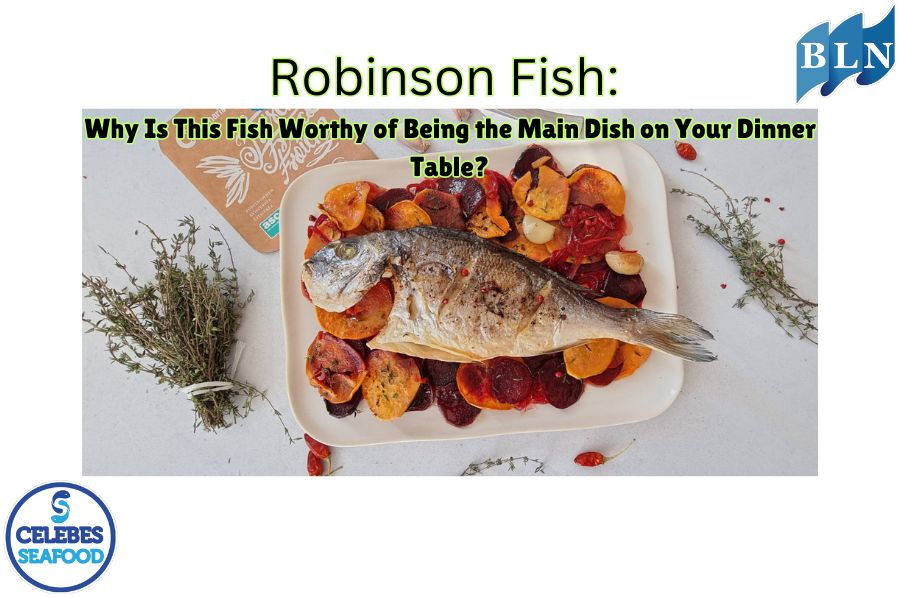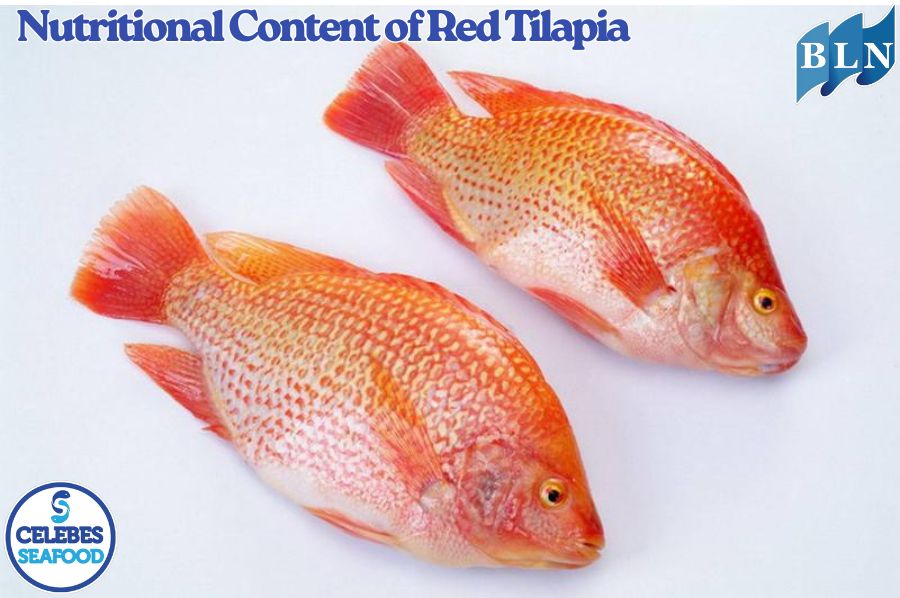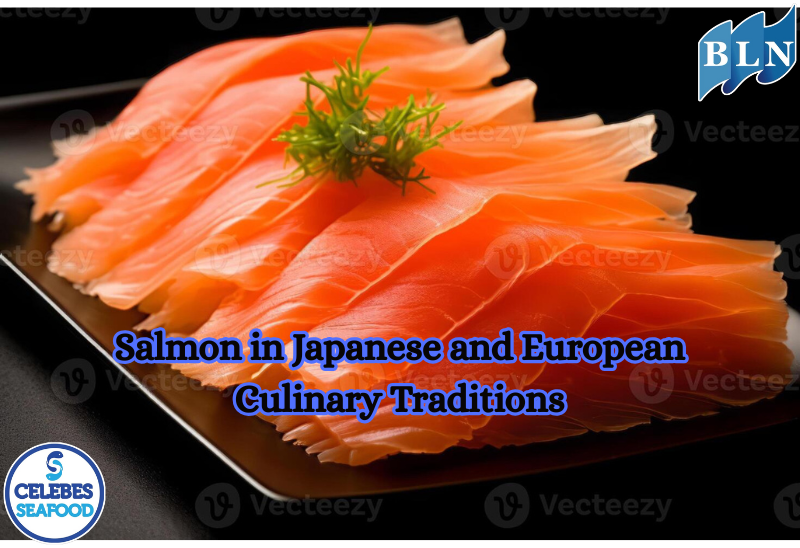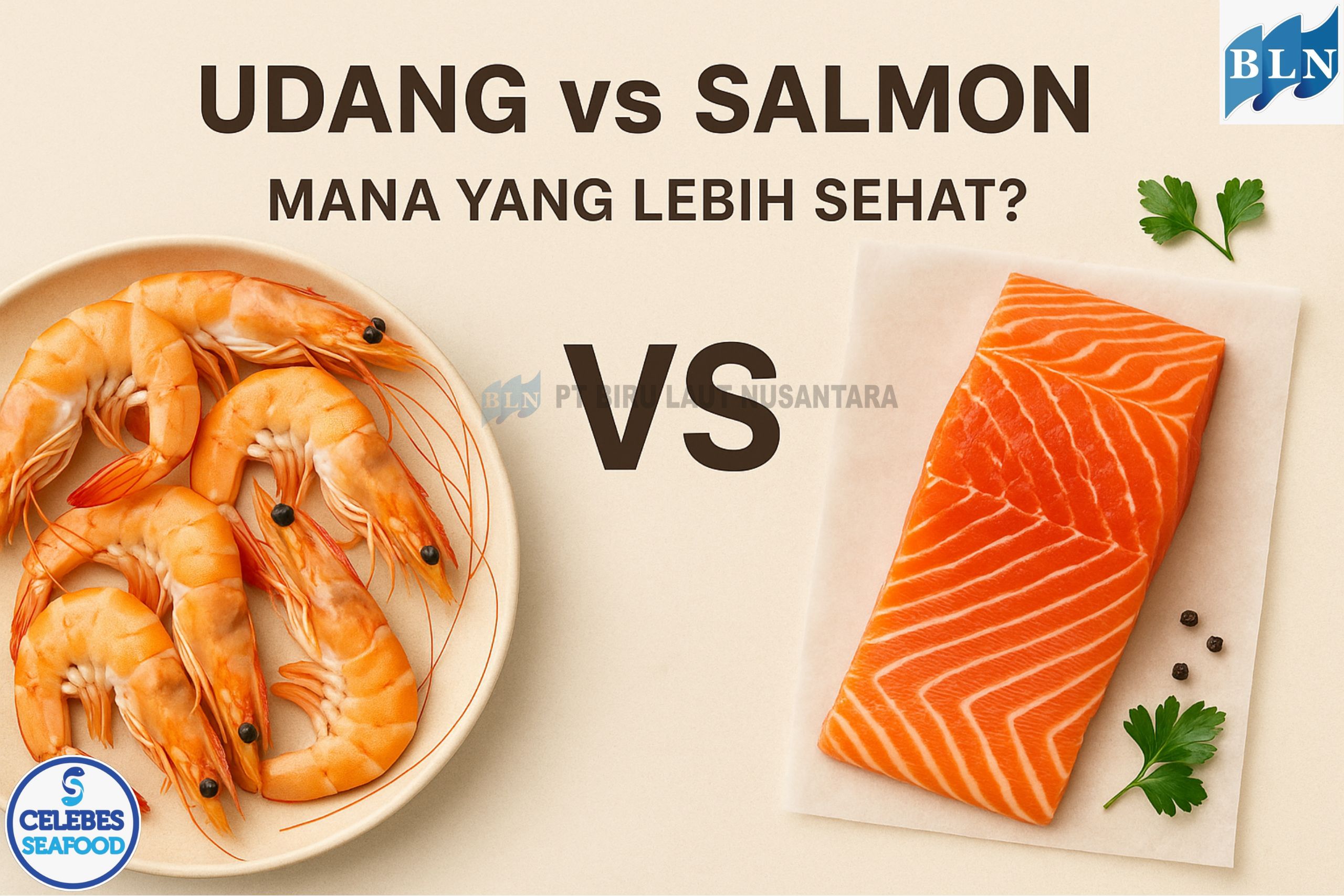These Are Some Nutrition You Get from Red Snapper
By. Nevanda - 11 Sep 2023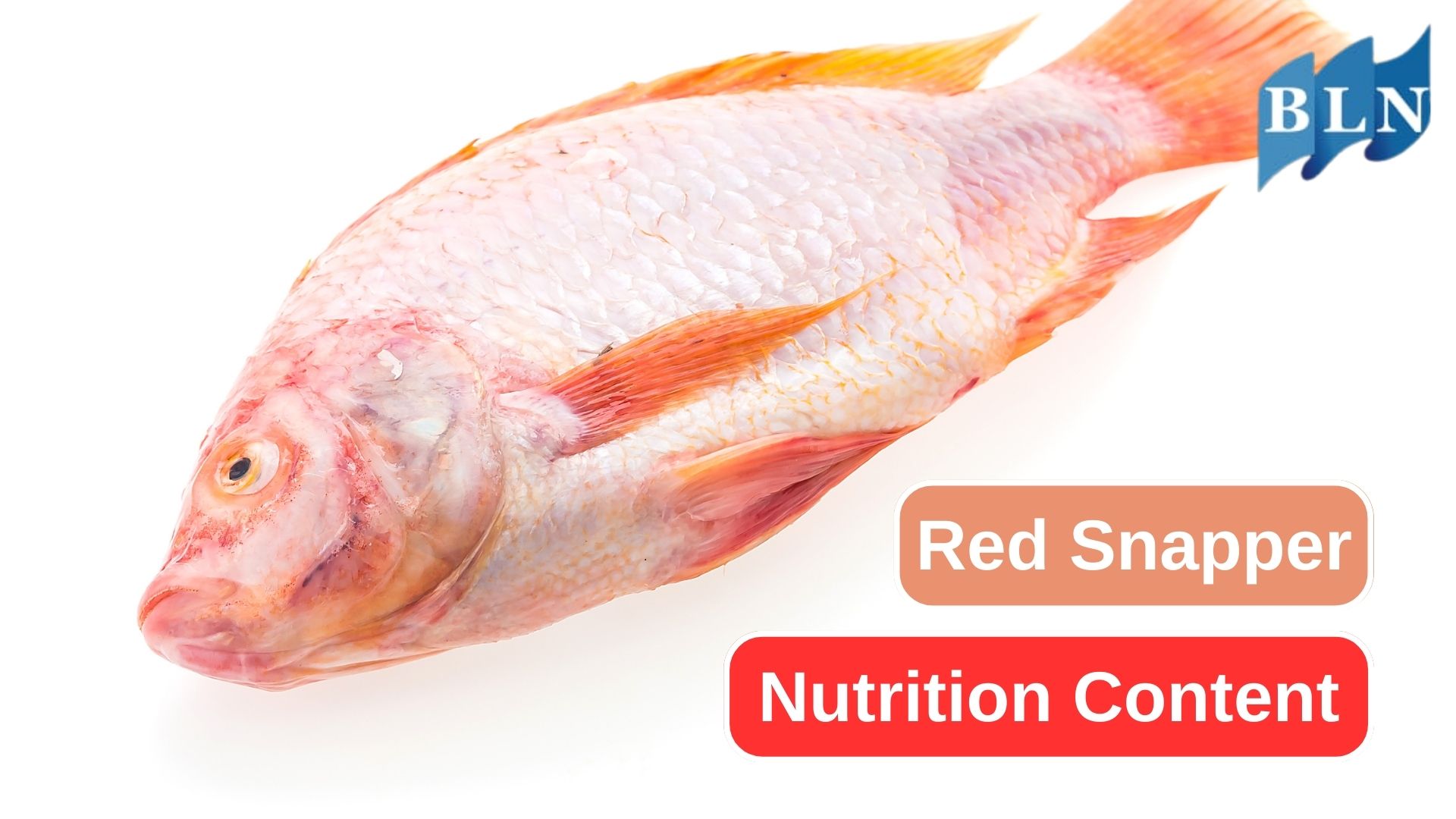
lautnusantara.com - Red snapper, with its strikingly beautiful color and succulent meaty flavor, not only captivates the palate, but also offers a number of remarkable health benefits. Red snapper is a popular marine fish in various seafood cuisines around the world. As one of the most sought-after seafoods in various international cuisines, red snapper has built a reputation as a rich and healthy source of nutrients.
The nutritional content of red snapper may vary slightly depending on the size of the fish and where it comes from, but generally, red snapper contains the following nutrients:
1. Protein
Red snapper is rich in protein, which is an essential nutrient for growth, muscle maintenance and other bodily functions.
Read also: Try This Easy Squid Ink Pasta Recipe at Home
2. Fat
Red snapper contains healthy fats, including omega-3 fatty acids, which are good for heart and brain health.
3. Calories
Red snapper generally has a relatively low amount of calories, making it a low-calorie food choice.
4. Vitamins and Minerals
Red snapper also contains a number of important vitamins and minerals, including vitamin A, vitamin D, vitamin E, vitamin B12, phosphorus, selenium and iodine.
Read also: Crafting the Ultimate Crab Dip Recipe
5. Omega-3
Omega-3 fatty acids, such as EPA (eicosapentaenoic acid) and DHA (docosahexaenoic acid), found in red snapper, have benefits for heart and brain health. Omega-3s can also help reduce inflammation in the body.
6. Selenium
Red snapper is a good source of the mineral selenium, which is necessary for immune system function and has antioxidant properties.
7. Amino Acids
Red snapper contains high-quality protein, which means that the protein in this fish has a complete amino acid profile and is easily digested by the body.
It's important to remember that the nutritional content of red snapper can vary, especially if the fish is prepared or cooked in different ways. When cooking fish, try to choose healthy methods, such as grilling, boiling or steaming, to retain its good nutritional content. Avoid frying the fish in excessive oil or adding a lot of high-fat seasonings, as this can increase the calorie and fat content of the dish.
Read also: Potential Opportunities of Sea Cucumber Farming in the Seafood Industry

